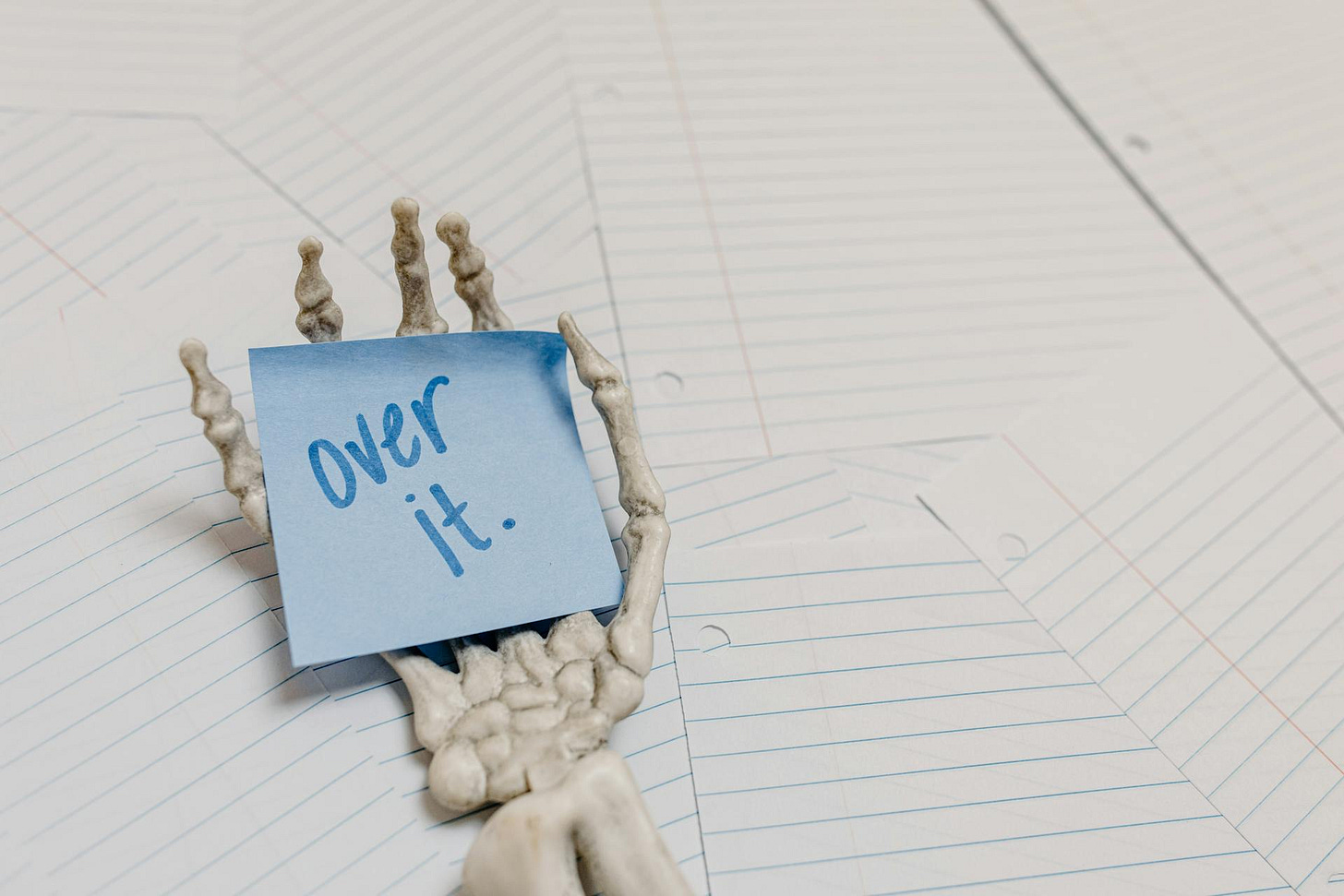The End of Procrastination
How to Overcome the Hesitation Loop
I’d offer you a delicious marshmallow. Eat it now, or wait 15 minutes and get two.
What’s your choice?
In a famous study, most kids couldn’t wait - they ate the marshmallow.
Years later, researchers followed up:
The children who delayed gratification performed better in school, scored higher on SATs, and achieved more success in life.
But is it enough to beat procrastination?
95% of people procrastinate at some point.
15–20% are chronic procrastinators, struggling to act even on important tasks.
Why do we procrastinate?
Procrastination is about avoiding pain.
We don’t put off tasks because we’re lazy. We delay them because they’re overwhelming, stressful, or trigger fear.
Instant gratifications destroy motivation.
Quick rewards like scrolling social media or snacking distract us with immediate dopamine hits. It makes long-term tasks less appealing.
Lack of clarity creates paralysis.
When a task feels vague or too large, our brains struggle to process where to start. This uncertainty often leads to inaction.
How to beat procrastination?
Use the 5 Second Rule:
Hesitation triggers the prefrontal cortex. It leads to overthinking. According to research, acting within 5 seconds stops self-doubt before it starts:
Count backward - 5, 4, 3, 2, 1 - and act immediately.
The rule works because it shifts your focus from hesitation to execution.
Eliminate Distractions:
Procrastination feeds on distractions like social media, emails, and notifications.
Take control:
Place your phone in another room while you work.
Use a separate device for social media to avoid mixing work and play.
Restrict your workspace for work only - no Instagram, no scrolling, no exceptions.
If you need a break, leave the room to reset.
Set Clear Deadlines:
Research shows people are 3 times more likely to complete tasks with shorter deadlines than distant ones:
Replace “I’ll do it later” with “I’ll finish this by 2 PM today.”
Big tasks can feel overwhelming. Create mini-deadlines for each step.
Share your deadlines with a colleague or friend. Add pressure to follow through.
Start where you are.
Use what you have.
Do what you can.
This one cracked it for me when I couldn’t start anything → Why we can’t focus




This is a very interesting article for those who are struggling with procrastination.
Also, a lot of thought is needed to pick up and us on a daily basis.
Well done, I fully advise the article)))